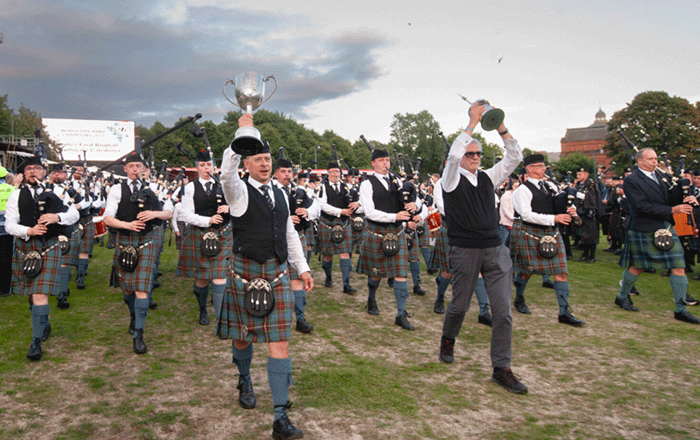
As already reported on Piping Press, the World Pipe Band Championships took place at Glasgow Green on 18/19th August, a week later than normal due to Glasgow hosting the World Cycling Championships.
Unlike the extremely hot weather of last year the conditions were variable, cold and warm, and slightly windy at times. Thankfully there were no lengthy periods of heavy rain as we have experienced in the past.
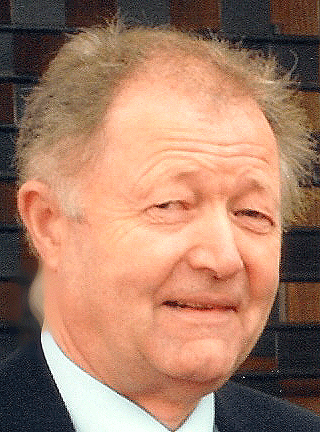
By Alistair Aitken OBE
This year, due to my advancing years, I attended only on the Saturday, but watched most of the Friday performances via the BBC Scotland livestreaming. Listening remotely is not the same, however, as being at the actual event. The BBC recording equipment comprises nine separate microphones placed around the competing circle, all of which are recording simultaneously. As a spectator at the event you cannot hear the performances the same as those which are broadcast. I am also never sure about having two microphones either side of the starting line. To my mind this causes imbalances in the sound recording as the pipers and then drummers progress past the starting line.
What struck me on arriving on Saturday morning was the changed layout of Glasgow Green. Gone were the large spectator stands of previous years and in their place were a number of smaller and lower stands, reduced in size and capacity and each with a canvas roof.
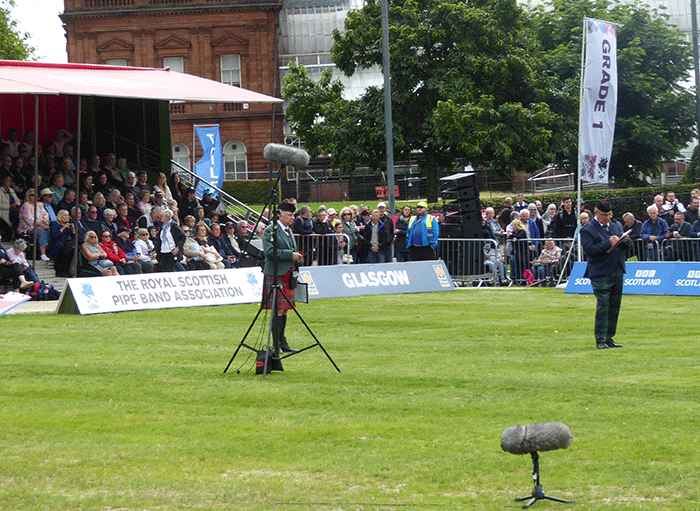
A roofed stand for the first time had been publicised well in advance as an improvement but the outcome was more like a country fair than an event which is a showcase of Scotland’s national music worldwide. Had we experienced some of the strong winds of the past the canvas roofs would not have lasted long, like what happened at the Worlds in Lanark in 1971 when the stand blew down. Hopefully the normal stands can be resurrected in future despite the current funding problems.
Despite the smaller capacity of the stands, they were only partly occupied both days, although claimed to be sold out. Strangely, their lowered height also seemed to affect the sound projection for the spectators standing adjacent to the competition circle. The bands could not be heard anything like as clearly as in previous years, even if you could get close to the barriers. That also seemed to affect the general atmosphere around the Grade 1 arena. This year some of the other competition rings also seemed to be located much closer to the trade stands, making everything appear rather cluttered.

Having said all that, these issues were outweighed by the positive ones. Total entries of almost 190 bands were up significantly from 146 in 2022. Taking account of heats, the total number of actual performances by my calculations was 286 as compared to 170 in 2022. Bands from other countries increased from 22 in 2022 to 50 this year. I hope all of these bands enjoyed their trip to Scotland.
All of this of course represented a massive logistical challenge for the RSPBA. There were seven separate competition rings, all of which went like clockwork to their scheduled timescales due to the efforts of RSPBA officials and many volunteers. Well done to all concerned.
I have no intention of challenging any of the results, although as always there were differences in adjudicator placings across the grades. Grade 1 was a major challenge with 16 adjudicators involved and the outcome based on the amalgamated results of four separate competitions. That was always bound to create some anomalies, talking points and accusations. Just imagine what it would have been like if all 16 adjudicators had been judging the same competition!!
I was lucky to be given a seat in one of the stands for the Saturday Grade 1 MSR competition. All the bands performed very well. The likely contenders all had excellent performances but, from where I was sitting, I thought Inveraray had one of the finest MSR performances I have heard for a long time.
One thing which also struck me was the different tempos of the bands in that competition, all of which were appropriately structured and controlled to suit their tune selections. From those MSRs and Medleys I heard over the two days I was also particularly impressed with Canterbury Caledonian Society and Manawatu bands for the quality and musicality of their performances.
At the end of the day the three bands which have been the Grade 1 winners at the earlier Championships this year took the first three places. It was pleasing that the Worlds Grade 1 title went to People’s Ford Boghall & Bathgate, a band which has been so close to the accolade for so many years. Hearty congratulations to Ross Harvey, Kerr McQuillan and the band members.

It is good to see the Worlds title back in the East of Scotland for the first time since 1978. Congratulations also to Reid Maxwell and his SFU corps for again taking the drumming title (Reid is another product of the East of Scotland!).
I was also able to listen to all five of the Juvenile grade performances. The standard was good, once again demonstrating the level of tuition at private and state schools in Scotland. The St Andrews College band from New Zealand, however, presented the Scottish bands with their first challenge from elsewhere this year and took a well-deserved third place.
In conclusion another enjoyable occasion. Well done to all concerned and haste ye back next year.











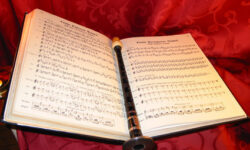
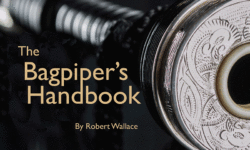
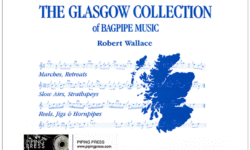





I have not been since 2019, I am going this year in 2024.
Will there be a Hospitality tent near Grade 1 competition this year? I really enjoyed it in 2019 as I need to sit down a lot and be near toilets. The food was wonderful.
No tent this year
Hello Robert,
How do I access older ‘Recent Post’ other than the ones shown on the right hand side of the page? Thanks.
Just use the Search field Michael
Thanks Rab but it doesn’t seem to be working for me.
Let us know what you are looking for and we’ll see if we can find it. RW
Thanks Rab. Got it working now.
I normally book a seat in the stand for the Saturday and watch the whole of Grade 1 on both days. Last year, I was on the back row directly looking into the band’s as they marched in. I knew from booking that the row was sold out bar the couple of seats around me. The row was empty all day on Saturday apart from me, bar a few people who came in to watch an overseas band and then left.
I’m normally in Glasgow most of the week for Piping Live and get my World’s tickets then. I tried to be organised this year and book early so was somewhat surprised when the stand seating was sold out. I would have been more than a little peeved had I bought a seat and turned up to the sit in the back of a lorry. This was advertised as covered stands which, perhaps it’s just me, would lead you to conclude it would be something like the normal stands but covered. I really don’t think for the premier Pipe Band competition in the world that the back of a few lorries looks the part.
The whole stand issue needs examined. This year’s stands I don’t believe were up to scratch yet when the bigger stands were there, even on the Friday when they were free, they were half empty. I get that they seem to block a lot of the BBC equipment but some kind of barrier could do an equal job? Perhaps the need for a stand at all is something that could be examined in the coming months?
Another issue I noticed in the last two years is you can hear the band in the final tuning area over the band playing in the ring. It may be my old brain misremembering but pre-CoViD I remember a hospitality tent was between the ring and final tuning. Final tuning was tucked round a bit behind the tent which must have blocked the sound transfer. I would be interested to know if anyone else thought similar?
Moving away from the Grade 1 arena there were noticeably fewer toilets this year. There were less than half the normal amount in the usual areas. There were sizeable queues any time I went.
I’ll take a guess that responsibility for the issues above lies not with the RSPBA but with their delivery partners in Glasgow Life. I noted that this year the programme contains the list of World Champions that includes those from Cowal so the RSPBA do pay attention to feedback so perhaps some of the issues people have raised here can be fed back to them for discussion with Glasgow Life.
I liked how the G1 stand no longer dominated the arena and I agree it was difficult to hear the bands consistently unless you were right up on the barriers, I put this down to the blustery conditions but as you suggest the smaller stands probably played a part. Regarding the G1 seating not being used, last year I took a seat but only used it when I was not watching the other grades, this year I didn’t book a seat, as I was focused mainly on the G4 bands. To prevent the empty seats, perhaps they could increase the Saturday ticket price by a £1 and then have the stands as free entry, allowing people to come and go.
The number of bands from outside the traditional bagpiping countries was great to see and especially as they all played well.
I was disappointed that there was no hospitality. I need good access to toilets, I need to rest regularly and I need to be able to eat and drink at tables. So, in the end I chose not to attend. The first time for many years. I always liked the multi seating arena. It was more open and in my opinion would have enhanced the sound rather than having to hear it whilst sat in an enclosed space.